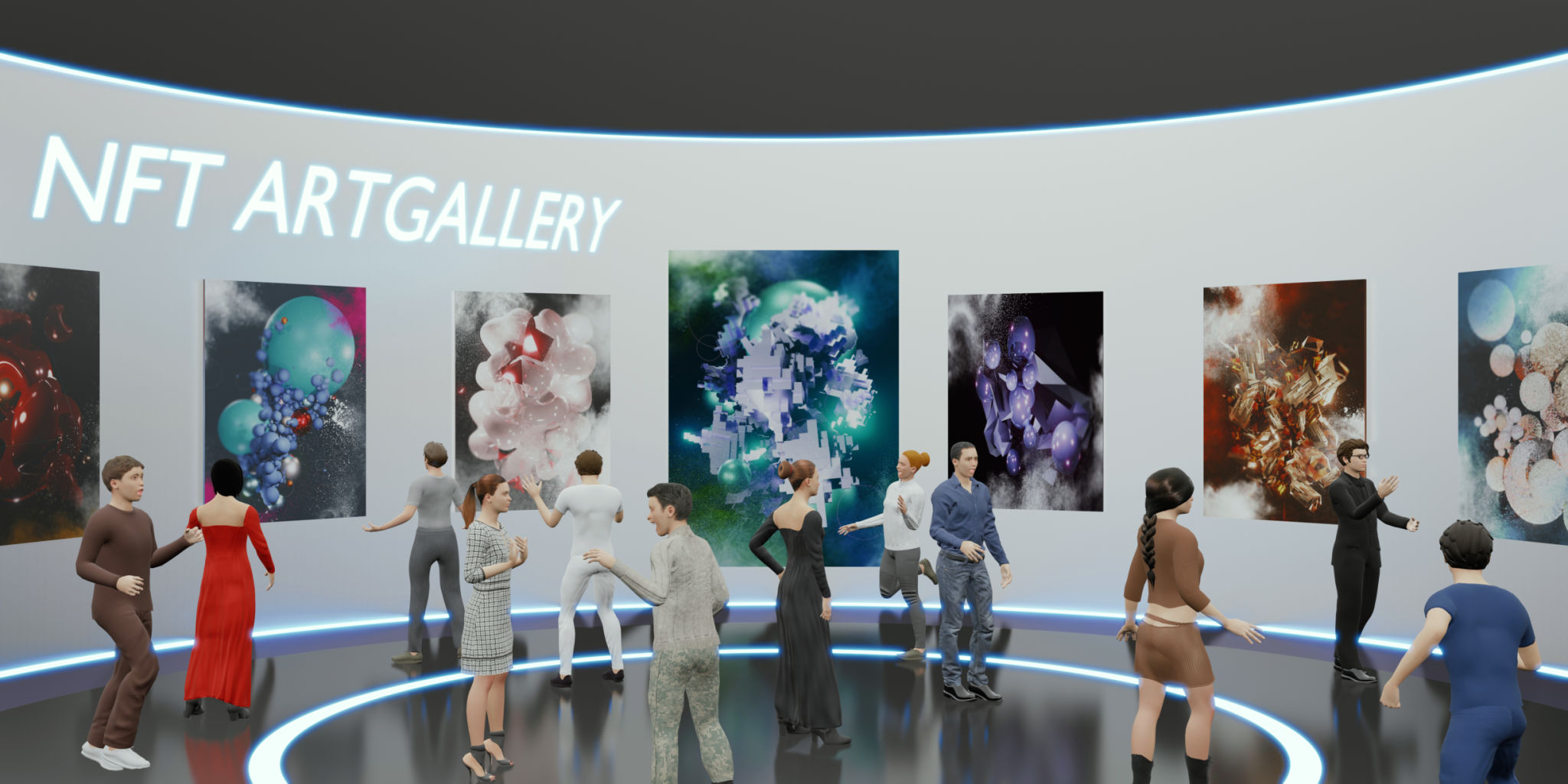The Future of Community Engagement with Web3 Technologies
Understanding Web3 Technologies
The next evolution of the internet, known as Web3, is set to revolutionize how we interact online. Unlike its predecessors, Web3 is built on decentralized networks, promising greater control over data and more equitable digital landscapes. This shift is particularly impactful for community engagement, providing new opportunities for connection and collaboration.
Web3 technologies leverage blockchain to create a more secure and transparent environment. This opens the door for decentralized applications (dApps) that are not controlled by any single entity, allowing communities to engage in more authentic and direct ways.

Decentralization: The Key to Empowered Communities
At the heart of Web3 is decentralization, a concept that empowers individuals within a community by removing intermediaries. This model enables members to have a stronger voice in decision-making processes, fostering a sense of ownership and belonging.
Communities can leverage decentralized autonomous organizations (DAOs) to manage collective interests. DAOs operate on smart contracts, ensuring that governance is democratic and transparent. This means decisions are made collectively, reducing the chance of misuse of power and enhancing trust among members.
Enhanced Privacy and Security
Web3 technologies prioritize user privacy and security, addressing many concerns associated with traditional online platforms. By using blockchain's encryption capabilities, individuals can engage with communities without sacrificing personal information.
This shift not only protects users but also encourages more open and honest interactions. As trust is a foundational element of any community, the enhanced security provided by Web3 can lead to stronger and more resilient networks.

Token-Based Incentives
An exciting aspect of Web3 is the implementation of token-based incentives. Communities can create their own tokens to reward members for their contributions, whether it's participating in discussions, creating content, or even moderating forums.
These tokens can be traded or used within the community ecosystem, providing tangible value for active participation. This system not only motivates engagement but also helps sustain the community economically.
The Role of NFTs in Community Engagement
Non-fungible tokens (NFTs) have gained immense popularity within Web3, offering unique ways to engage with communities. NFTs can represent ownership of digital assets such as art, music, or even membership rights within a community.

By leveraging NFTs, communities can offer exclusive experiences or content to members, fostering deeper connections and loyalty. This approach transforms passive followers into active participants, enhancing overall engagement.
Challenges and Considerations
While Web3 offers numerous benefits for community engagement, it is not without challenges. Issues such as scalability, energy consumption, and accessibility need to be addressed for widespread adoption.
Moreover, educating communities about these new technologies is crucial. Ensuring that users understand how to safely navigate decentralized platforms will be essential for successful implementation.
The Path Forward
The future of community engagement with Web3 technologies holds immense promise. By embracing decentralization, enhancing privacy, and leveraging innovative tools like DAOs and NFTs, communities can create thriving ecosystems that are inclusive and dynamic.
As these technologies continue to evolve, they will undoubtedly reshape the way we connect and collaborate online, unlocking new potentials for community growth and empowerment.